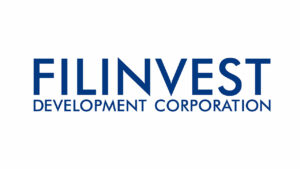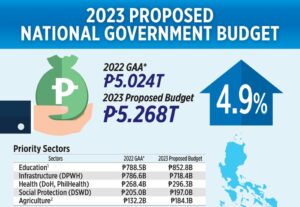WWF-Philippines calls for support for global treaty on plastic pollution

Environmental group World Wide Fund for Nature (WWF) Philippines asserted on Wednesday the importance of pushing for a new global treaty on plastic pollution in the upcoming United Nations Environment Assembly (UNEA) 5.2.
“In the Philippines, we are working with the DENR [Department of Natural Resources] very closely, especially for this whole UNEA 5.2 process,” said Francesca “Ina” C. Guingona, WWF’s No Plastics in Nature policy officer, at the virtual roundtable.
“We’ve been relaying our concerns to the representatives and we really hope to continue this onwards,” she said.
UNEA will take place in Nairobi, Kenya, from February 28 to March 4, with physical and virtual delegations from governments and non-governmental organizations. The event is expected to establish a committee that will prepare a global agreement for the treaty on plastic pollution.
Ms. Guingona added that while WWF has a three-year roadmap to create and operate a national recycling system, a holistic global effort is needed.
Over three-fourths of UN member states support the development of the treaty, along with over 2.1 million individuals, 25 financial institutions, and 60 companies globally.
Albert A. Magalang, DENR climate change division chief, acknowledged the role of government in discussing the needs and wants of the Philippines for a global treaty.
“We would like to work with the global community on how to address this plastic problem as we know that plastic pollution is a transboundary and cross-sectoral problem that cannot be solved through national or regional initiatives alone,” he said.
Climate and environmental consultancy group Parabukas also reiterated the importance of working toward the goal of zero plastics.
“It’s really in the hammering out of details that the challenges will arise,” said Cecilia Therese T. Guiao, Parabukas’ co-founder and managing director. “One particular aspect of a treaty like this would include financial mechanisms and support of developed countries to developing countries.” — Brontë H. Lacsamana




